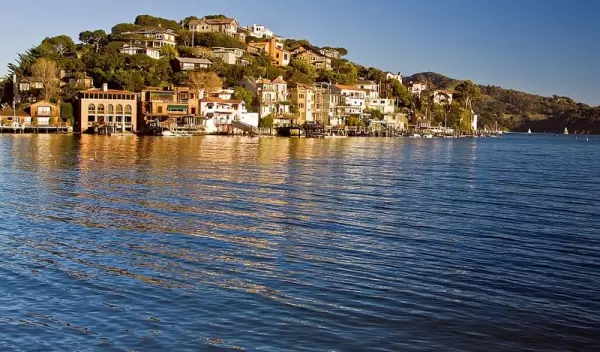
NSF announces new awards to understand coastal systems and tackle coastal hazards
U.S. coastlines are heavily populated areas with critical public resources, such as housing, transportation infrastructure, freshwater supplies, and electricity generation and distribution facilities. These coastlines are also increasingly vulnerable to extreme weather events, sea-level rise, coastal flooding, algal blooms and tectonic hazards.
Research is needed to understand complex coastal systems and their interplay with natural hazards, human populations and the built environment. The U.S. National Science Foundation's Coastlines and People, or CoPe, program has announced $51 million in new awards to protect the natural, social and economic resources of U.S. coasts, and to help create more resilient coastal communities.
"These awards will support Coastal Research Hubs that bring together experts from multiple disciplines to synthesize coastal research results into actionable solutions," says Alexandra Isern, NSF assistant director for Geosciences. "The Hubs are designed for stakeholder involvement in the research process through community engagement, partnerships with coastal economic sectors, and citizen science activities to foster inclusive diversity and to broaden participation in STEM."
The newly awarded Coastal Research Hubs add new regional and topical dimensions to existing CoPe Hubs. The CoPe Hubs address complex coastal hazards that are exacerbated by climate change and impacted by land use and other environmental pressures.
The Hub projects focus on coastal hazards including extreme heat and urban heat islands in Southern California, erosion and flooding in tropical coastal areas, wetland hazards that drive declines in important species in the Great Lakes, storms and stormwater hazards in the Gulf of Mexico, and stormwater impacts in the Northeast.
Hub researchers and partners will work together to further an understanding of complex coastal systems and hazards. Hub research outcomes will improve coastal hazard prediction, responses, and mitigation efforts. The five new Hubs are affiliated with 24 partner institutions, including three minority-serving institutions and three institutions in EPSCoR jurisdictions.
The results of CoPe research and engagement activities will have positive impacts at local, regional, national and global levels. The CoPe program is one of five NSF-endorsed actions for the United Nations Decade of Ocean Science for Sustainable Development. Participation in the U.N. Ocean Decade helps NSF-funded projects share research, ideas, methodologies and approaches, and allows for engagement in global actions needed to advance coastal and ocean science and technology.
Learn more about the CoPe program, and find a list of the new awards.


